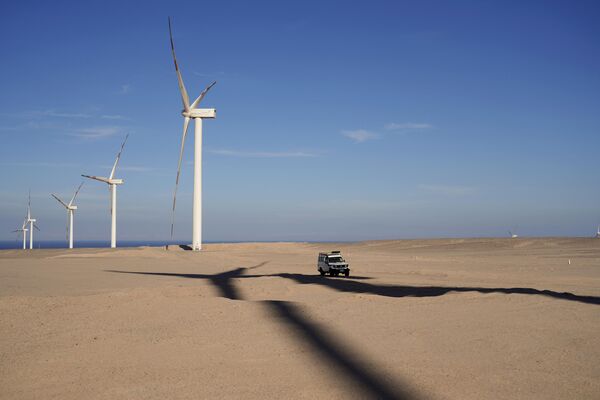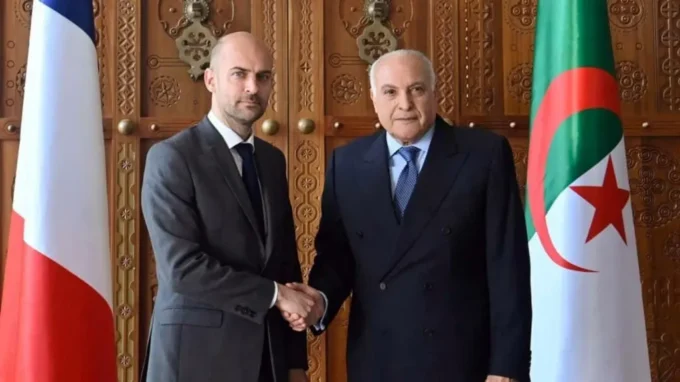Egypt is set to strengthen its renewable energy portfolio with a $170 million loan from the African Development Bank (AfDB) to finance a major wind energy project along the Gulf of Suez. The wind farm, a flagship development in Egypt’s clean energy strategy, is estimated to cost $1.1 billion and will be supported by a consortium of Development Finance Institutions in addition to the AfDB’s contribution.
The initiative marks a significant step forward in Egypt’s ambition to achieve 42% renewable energy in its national energy mix by 2030, underscoring its leadership in the region’s green energy transition.
The Suez Wind Project will consist of two greenfield wind farm sites, each with a capacity of 550 MW, combining to deliver 1,100 MW of renewable energy. Once operational, the project is expected to generate 4,111 GWh of electricity annually, significantly contributing to Egypt’s energy security while reducing its dependence on fossil fuels.
AfDB Vice President for Power, Energy, Climate, and Green Growth, Kevin Kariuki, hailed the project as a transformative achievement for Egypt and the continent. “The Suez Wind Project is a landmark development that underscores Egypt’s leadership in renewable energy and the Bank’s steadfast commitment to supporting transformative, clean energy projects across the continent. This project not only facilitates the Egyptian government’s efforts to achieve 42% of renewable energy in its energy mix by 2030 but also drives local economic growth and strengthens regional energy security,” said Kariuki, as quoted in an AfDB press release.
The wind farm’s development is a collaborative effort involving the AfDB and a consortium of international Development Finance Institutions. This partnership highlights the growing importance of coordinated investments to meet Africa’s energy demands while tackling the global climate crisis.
Strategically located along the Gulf of Suez, the project capitalizes on the region’s abundant wind resources, making it a natural hub for renewable energy production. The new facility is expected to create significant economic opportunities through job creation, local supply chain development, and capacity-building initiatives.
By boosting Egypt’s renewable energy output, the project will also contribute to regional energy integration, providing a sustainable energy source for neighboring countries and fostering economic cooperation.
The Suez Wind Project aligns with broader efforts across Africa to embrace sustainable energy solutions and reduce carbon emissions. Egypt, one of Africa’s leading economies, has been at the forefront of adopting green energy technologies, reflecting a continental trend towards clean energy transitions.
The AfDB’s investment in this project reinforces its commitment to advancing Africa’s energy transition and achieving sustainable development goals. With Africa accounting for less than 4% of global greenhouse gas emissions but disproportionately affected by climate change, investments like these are critical for building climate resilience while promoting economic growth.
Egypt’s renewable energy sector has grown steadily over the past decade, with wind and solar power forming the backbone of its clean energy infrastructure. The country’s ambitious target of 42% renewable energy by 2030 is part of its Integrated Sustainable Energy Strategy, which aims to diversify energy sources, enhance energy efficiency, and promote environmental sustainability.
The Gulf of Suez wind farm represents a key component of this strategy, both for its scale and its potential to showcase the viability of large-scale renewable projects in Africa. As the project progresses, it is expected to draw further investment into the continent’s renewable energy sector, setting a precedent for other nations to follow.














Leave a comment